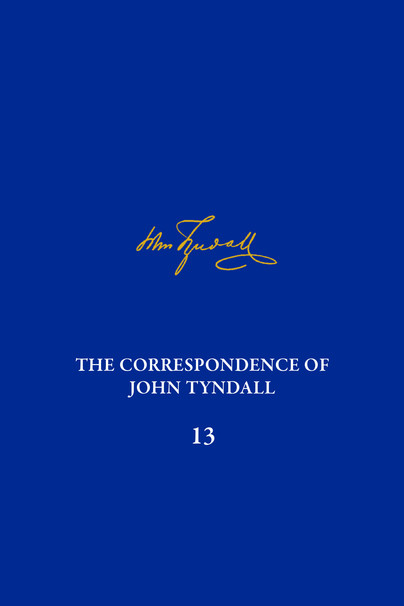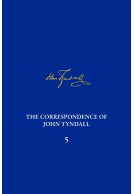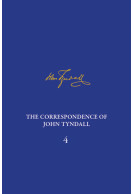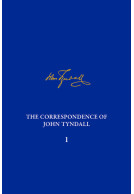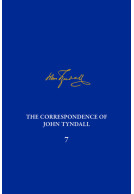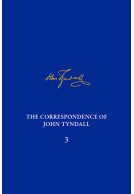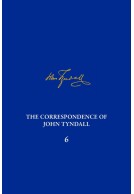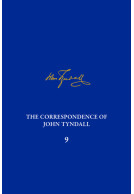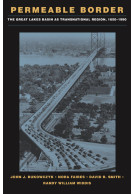Google Books previews are unavailable because you have chosen to turn off third party cookies for enhanced content. Visit our cookies page to review your cookie settings.
The Correspondence of John Tyndall, Volume 13 (Hardback)
The Correspondence, June 1872-September 1873
Imprint: University of Pittsburgh Press
Series: The Correspondence of John Tyndall
Pages: 616
ISBN: 9780822947424
Published: 31st May 2025
Script Academic & Professional
Series: The Correspondence of John Tyndall
Pages: 616
ISBN: 9780822947424
Published: 31st May 2025
Script Academic & Professional
You'll be £112.50 closer to your next £10.00 credit when you purchase The Correspondence of John Tyndall, Volume 13. What's this?
+£4.99 UK Delivery or free UK delivery if order is over £40
(click here for international delivery rates)
Need a currency converter? Check XE.com for live rates
(click here for international delivery rates)
Need a currency converter? Check XE.com for live rates
The 476 letters in the thirteenth volume of The Correspondence of John Tyndall document the period from June 1, 1872, to September 28, 1873, much of which was consumed by Tyndall’s lecture tour of the United States. We meet him in the midst of the Ayrton affair, which saw Tyndall coming to the defense of his friend and fellow X Club member Joseph Dalton Hooker against the First Commissioner of Works, Acton Smee Ayrton, in an acrimonious dispute over the governance of the Royal Botanic Gardens, Kew. Tyndall’s tour of the United States was a rousing success by many measures, but he was not long on American shores before his well-documented skepticism of the efficacy of prayer stoked the waspish ire of the faithful. Tyndall’s return to England in mid-February 1873 saw him begin preparations for his 1874 Belfast Address, when he accepted the presidency of the British Association for the Advancement of Science and articulated a defense of materialism that scandalized many of his contemporaries. As we leave him in September 1873, Tyndall is engaged in sharp-elbowed jostling with Scottish physicist Peter Guthrie Tait in the pages of Nature over James David Forbes, whose theory of glacial motion Tait had defended against Tyndall’s attacks, in a scientific disagreement that evolved into a personal one. Amid the tumult of controversy, though, these letters reveal a man of science riding high on widespread esteem, wielding the influence it brought him with gusto, and moving with ease through the rarefied social and intellectual circles into which he had climbed.
Other titles in the series...
Other titles in University of Pittsburgh Press...







